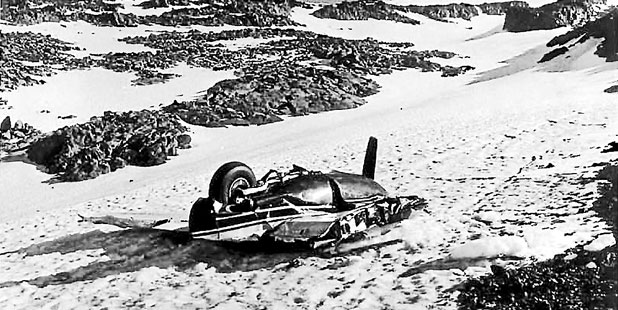Crash of a Rockwell Grand Commander 680F in Sant’Angelo Lodigiano: 2 killed
Date & Time:
Jan 21, 1970 at 1440 LT
Survivors:
No
Schedule:
Treviso - Milan
Crew on board:
1
Crew fatalities:
Pax on board:
1
Pax fatalities:
Other fatalities:
Total fatalities:
2
Circumstances:
While descending to Milan-Linate Airport in marginal weather conditions, the pilot encountered engine problems and decided to reduce his altitude to attempt an emergency landing. In poor visibility due to fog, the twin engine aircraft struck the ground and crashed in a field located in Sant’Angelo Lodigiano, about 23 km southeast from Linate Airport. Both occupants, the Italian Industrialist Antonio Pesce (55) and his son Adriano (25) were killed.






